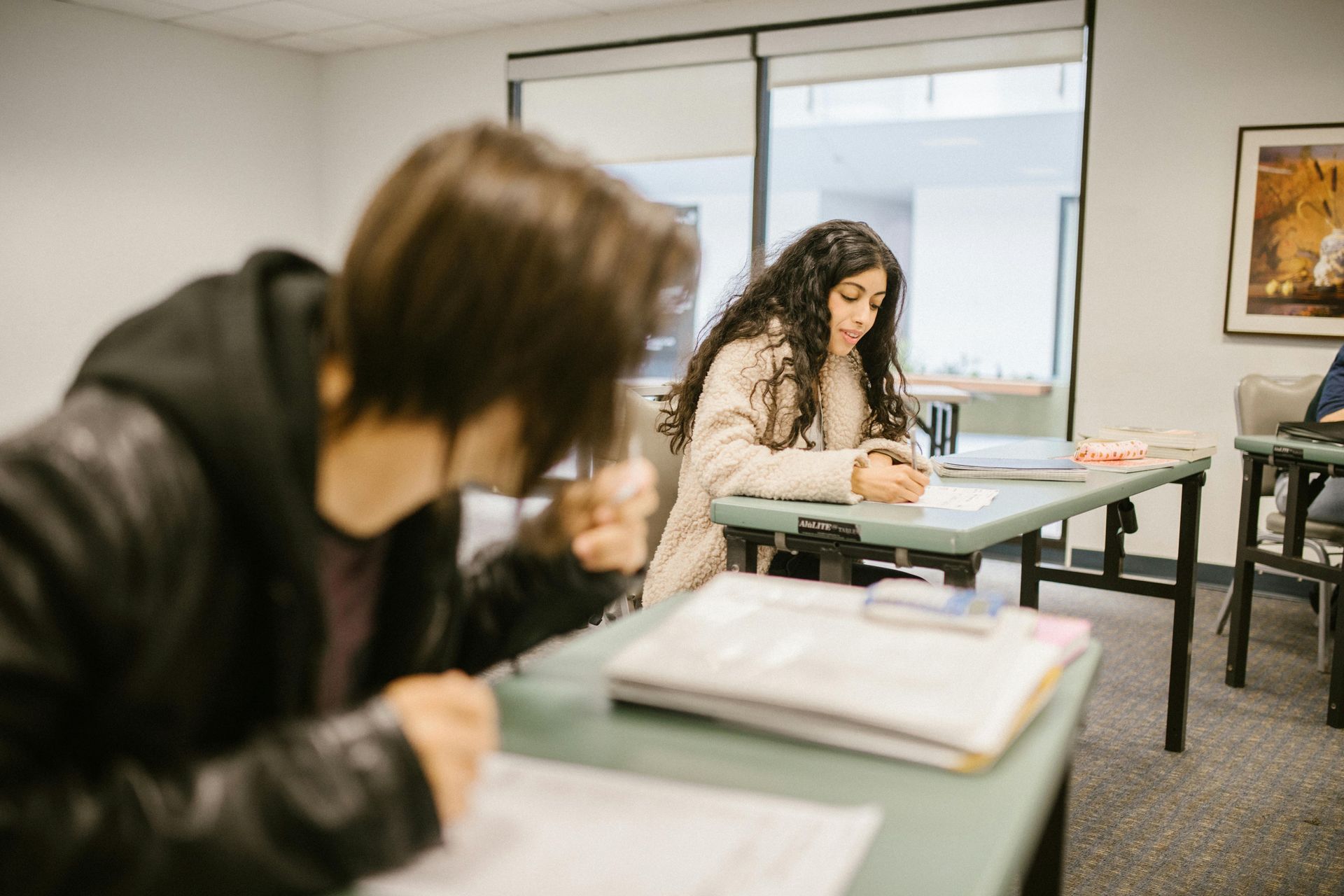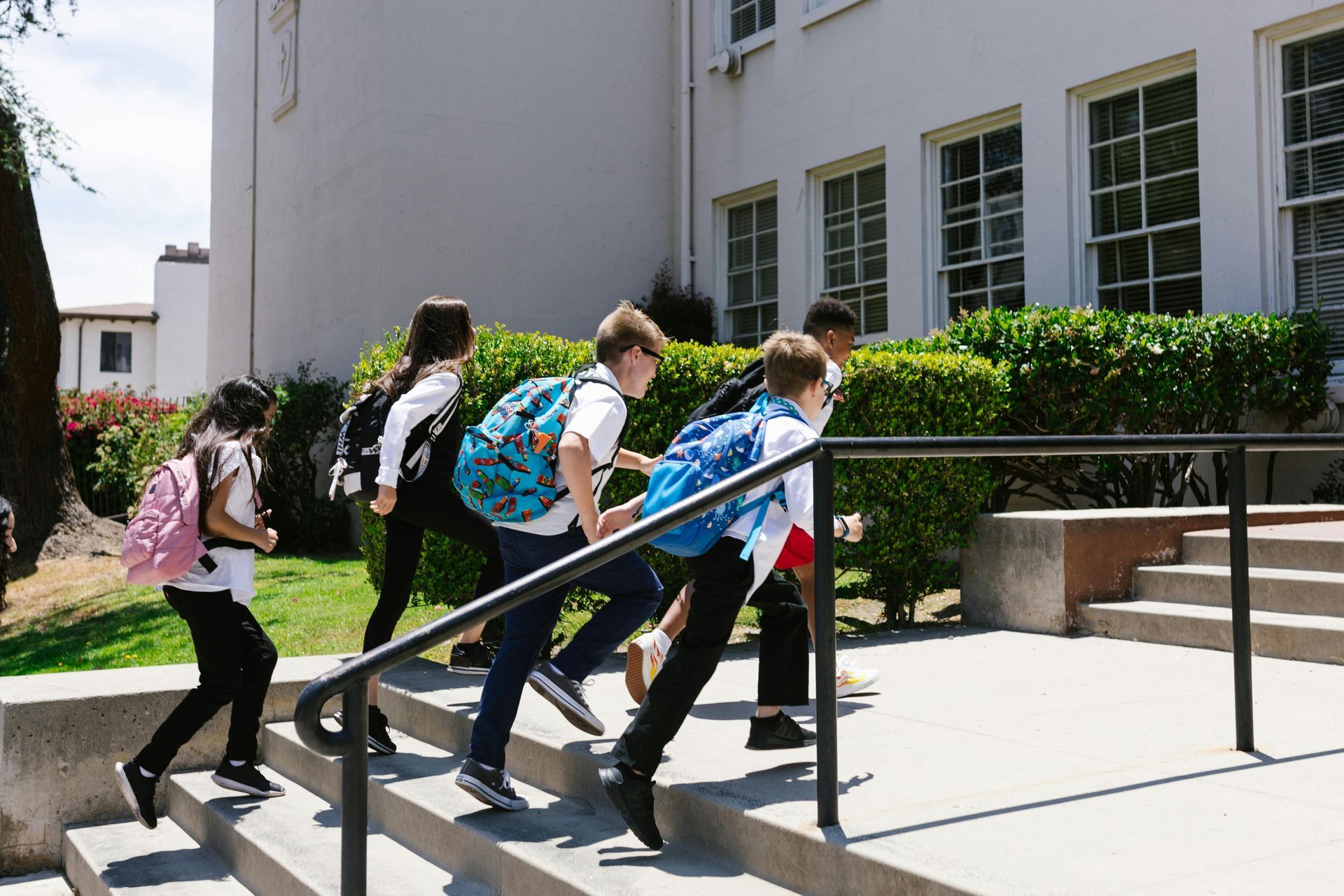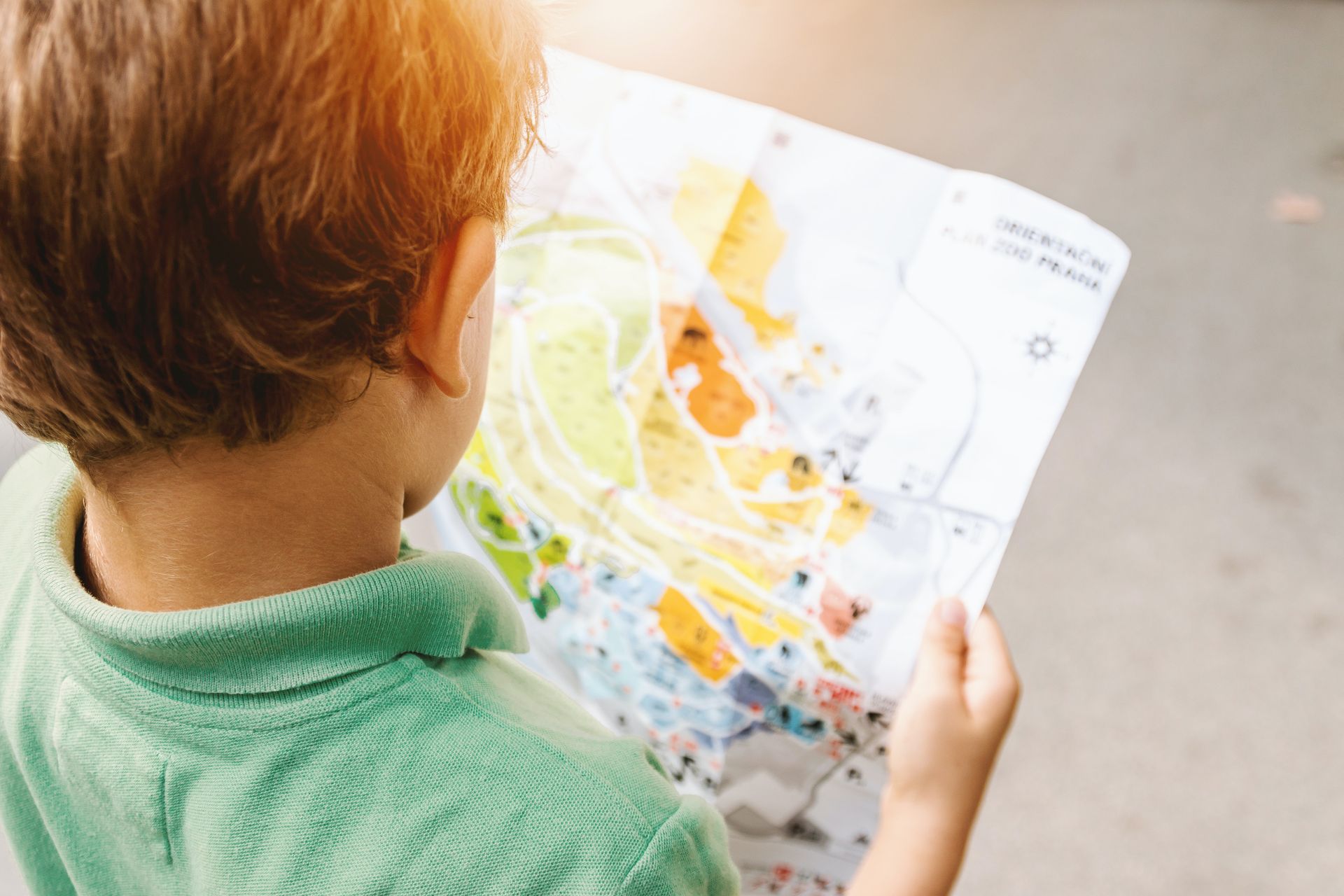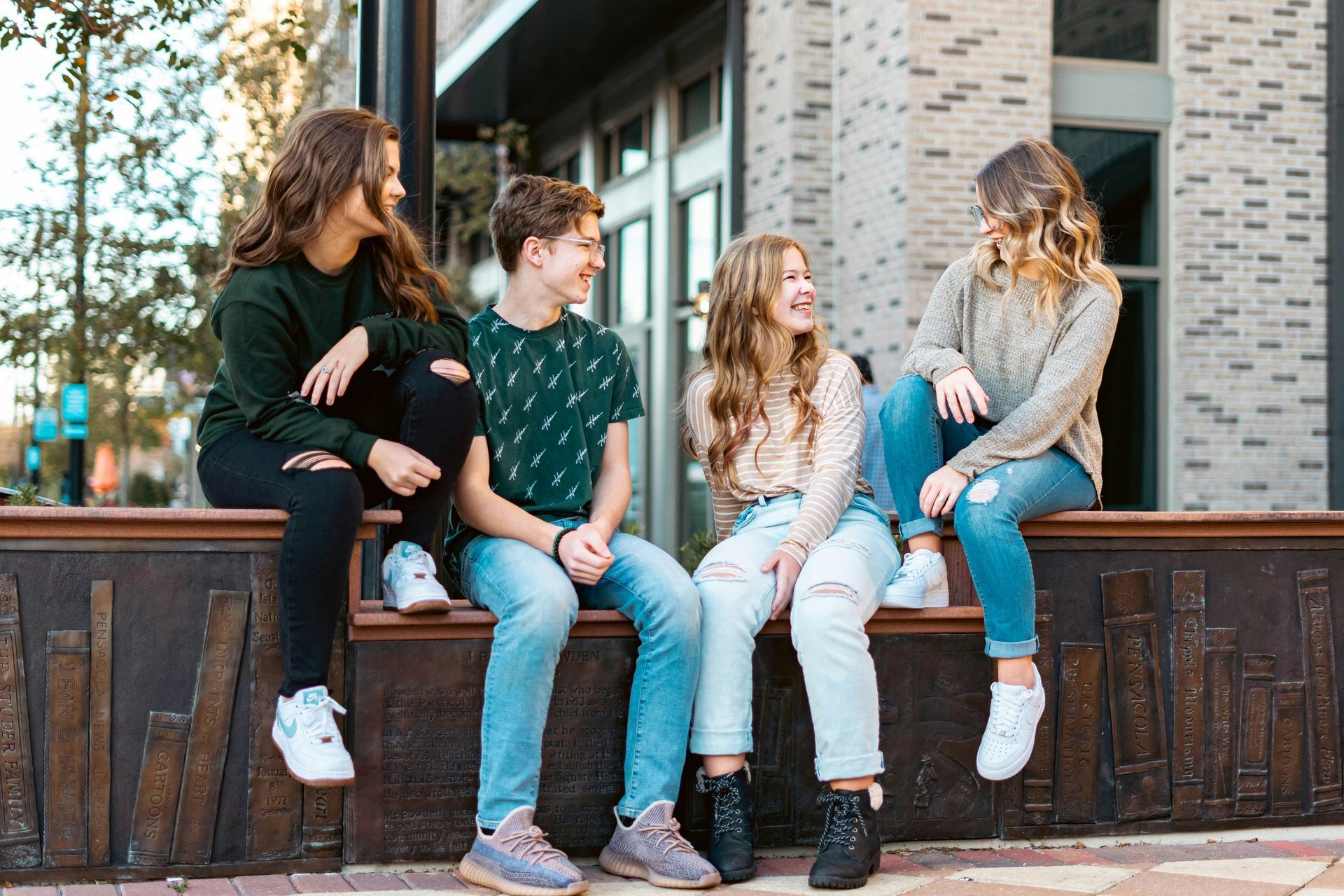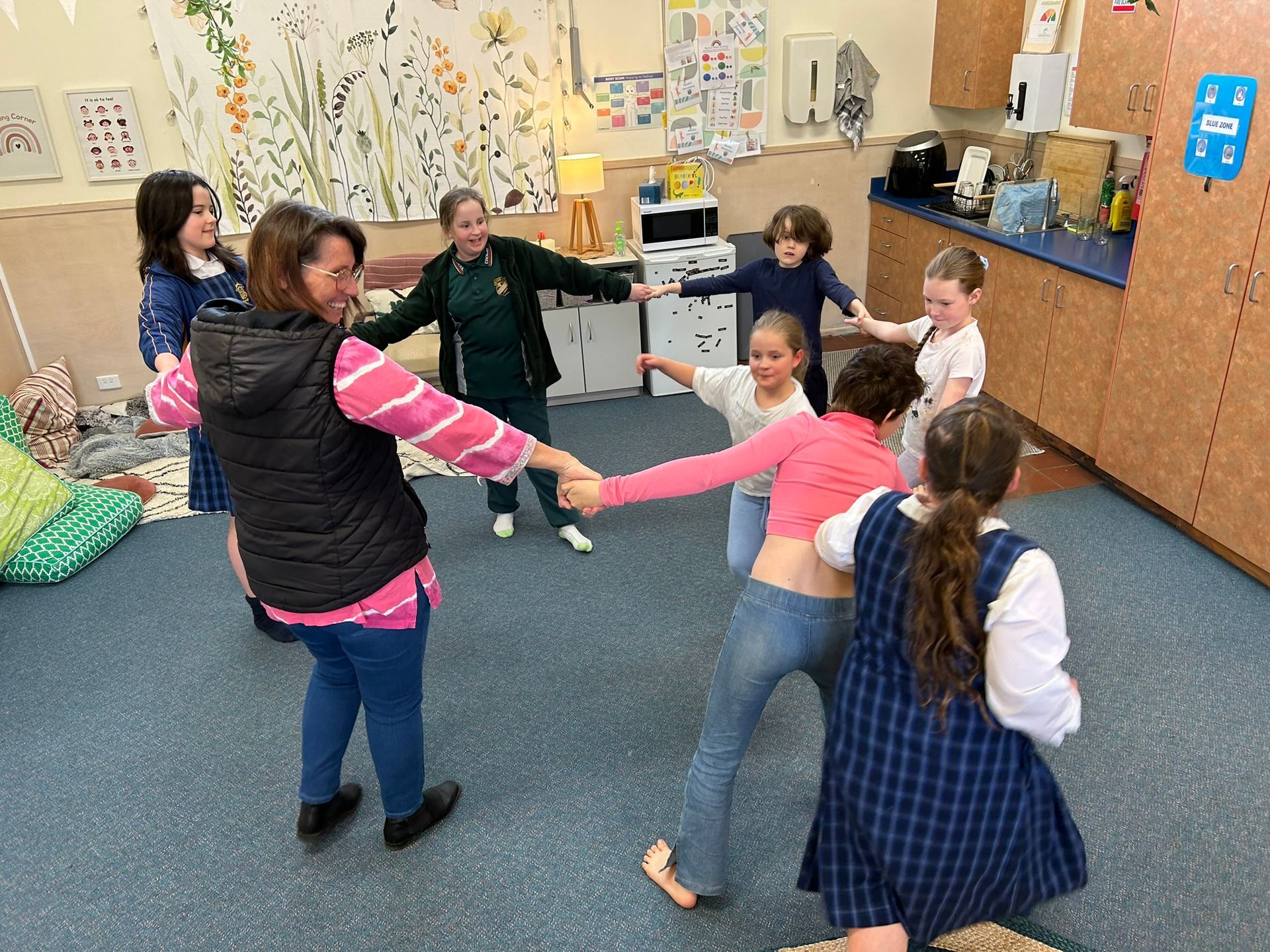Embracing AI
A Gen X Perspective on Neurodivergent Support
I’ll be the first to admit, I’m a typical Gen X tech user. I grew up in an era of one TV per household and learned song lyrics by pausing and starting my cassette player. I got my first email address in 2000. It’s safe to say I’m no tech guru. Despite this, while as terrified as the next person, I am also cautiously optimistic about the surge of AI applications in our daily lives.
Personally, I’ve embraced AI to simplify life and streamline workflows. In fact, I’ve been using it for quite some time in my work with schools, particularly with assistive technology for children with learning differences. However, the recent advancements in AI are next level, and when used with discernment and for the right reasons, they have incredible potential. I'm particularly excited about how AI can make life easier and increase inclusion for neurodivergent people.
With the rise of ChatGPT and its increasing sensitivity and intuitiveness, I’m seeing incredible potential for neurodivergent children, teens and young adults – and this is just the tip of the iceberg. Here are a few real-world examples from recent weeks:
- Social Anxiety: I recently worked with a teen stressed about how to decline a party invitation from a friend. They wanted to catch up but had a low social battery. We asked ChatGPT, “How can I reply to a text message asking me to a party when I like the person but don't want to go?” The response: “Hey [Name], thanks so much for the invite! I really appreciate it. I'd love to hang out another time, but unfortunately, I can't make it to the party. Let me know if you're free next week to catch up!” It was perfect and relieved the teen's anxiety.
- Cooking with Constraints: Another young person with dyslexia needed a dinner recipe within a budget, with specific dietary requirements. She asked ChatGPT, “Give me a dinner recipe that will cost no more than $20 Australian dollars. It must feed four people, have 30 grams of protein per person, three types of fibre, and no gluten.” The initial suggestion included quinoa, which she didn’t like. By simply saying, “I don’t like quinoa or salads,” she received a noodle stir-fry recipe that she made and loved.
- Organising Study Sessions: One of our university students, getting overwhelmed with coursework and casual work and social commitments turned to ChatGPT for help organising a study schedule. They asked, “Can you help me create a study schedule that balances my classes and study time effectively?” ChatGPT responded by suggesting a structured timetable with designated study blocks for each subject, incorporating short breaks and review sessions. The student then personalised the prompt but adding exact times, dates and commitments and received a schedule they could personalise further. It wasn’t perfect but it was just the start they needed.
From understanding complex topics and navigating tricky social situations to organising study schedules, AI tools like ChatGPT can offer significant support. These examples show some of the practical and social benefits of AI, particularly for neurodivergent people, and towards making our world more inclusive.
For more positive insights and resources:
- Check out this passionate educator’s website on AI and inclusivity. His work is free of charge and I suggest you sign up to his newsletter, it’s fascinating!
https://theuniversalsandpit.org/
- Brene Brown also conducted a great podcast recently about the positives of AI. You can search for it on Spotify.
- Positive Partnerships have a whole webinar on the topic: https://shorturl.at/M3hPr
- AI and Autism: https://shorturl.at/WvUfQ
- AI, Neurodiversity and the workplace: https://shorturl.at/cPQkI
Since the technology is constantly emerging at an alarmingly fast rate, anyone with ideas or new discoveries for AI that can improve the outcome of others, please email me at: fiona@makingconnectionstoowoomba.com.au

